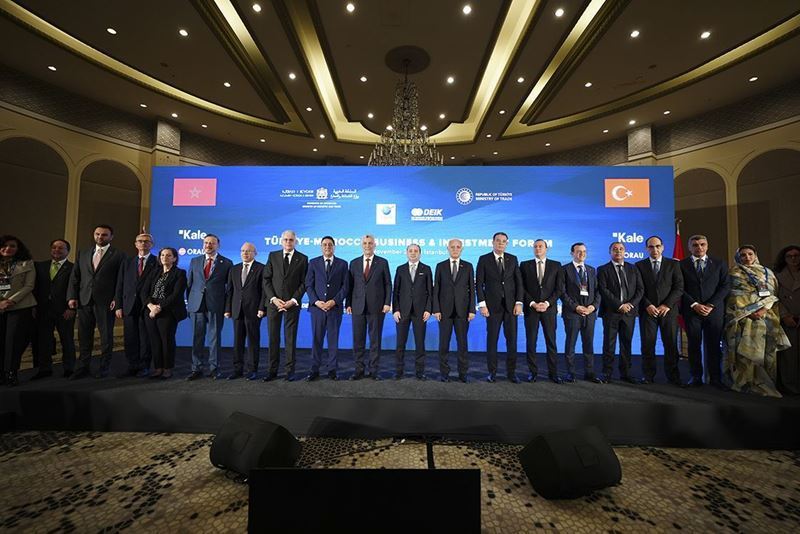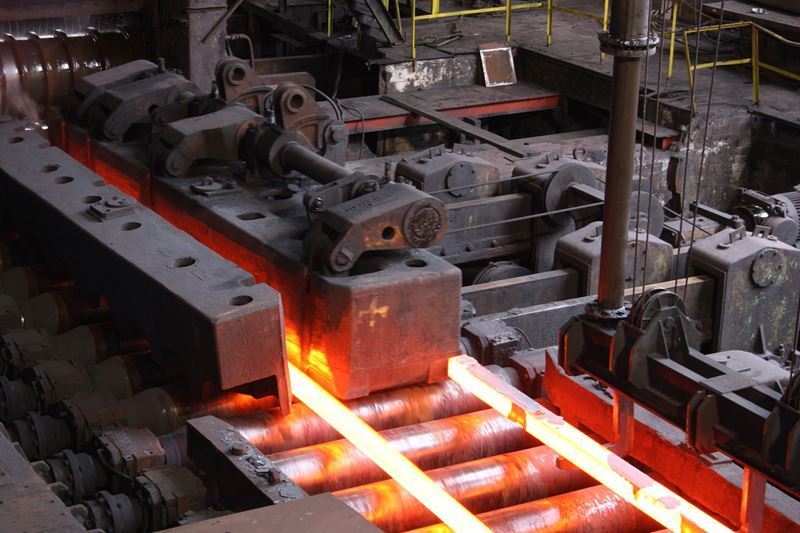Honeywell announced UpCycle Process Technology, which increases the number of plastic types that can be recycled and can produce raw materials used to make recycled plastics with a lower carbon footprint. While this new technology makes it possible to recycle hundreds of times for plastics, it is expected to reduce the need for fossil fuels to produce new unprocessed plastics. “Our technology will play a pivotal role in improving the sustainability of many of the products we use on a daily basis,” said Vimal Kapur, President and CEO, Honeywell Performance Materials and Technologies.
According to the information provided, the technology in question, also operating in Turkey, expands the recyclable plastic types to include non-recyclable waste plastic, including colored, flexible, multi-layer packaging and polystyrene. The technology enables to increase the global amount of plastic waste that can be recycled to 90 percent when used in conjunction with other chemical and mechanical recycling processes, along with improvements in collection and separation.
This new technology uses industry-leading molecular conversion, pyrolysis and pollutant management technology to convert waste plastic into Honeywell Recycled Polymer feedstock, which is then used to create new plastics. According to a study published by AMI International in September 2020, waste plastics treated with advanced recycling technologies such as UpCycle Process Technology will be able to recycle an additional 5-15 million tons per year by 2030. Recycled plastics produced with the said technology will provide a 57 percent reduction in carbon emissions compared to the production of pure plastic obtained from the same amount of fossil feeds. The process will also reduce carbon emissions by 77 percent compared to traditional waste plastic processing methods such as incineration and landfilling. This level of carbon reduction is among the most important improvements among the pyrolysis technology options.









Comments
No comment yet.